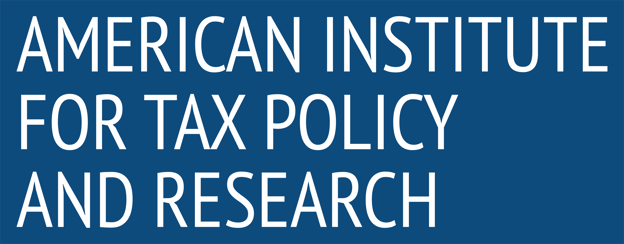Comparing Global Corporate Tax Rates: Where Does the U.S. Stand?
January 27, 2025
Corporate taxation remains one of the most debated topics in economic policy, as governments seek to balance business incentives with the need for fair revenue collection. While lower corporate tax rates can encourage investment and job creation, they also pose challenges in generating adequate tax revenue for public services. Policymakers worldwide are exploring strategies to strike a balance between fostering economic growth and ensuring that corporations contribute their fair share.
Corporate Tax Rates and Economic Growth
Lowering corporate tax rates has been a common strategy to attract business investment. Proponents argue that reduced taxation allows companies to reinvest in expansion, hire more employees, and enhance innovation. For example:
The U.S. corporate tax rate was reduced from 35% to 21% in 2017 under the Tax Cuts and Jobs Act (TCJA), leading to increased capital investment in several sectors.
Countries like Ireland have leveraged low corporate taxes (12.5%) to attract multinational corporations, boosting employment and economic growth.
However, critics argue that excessively low tax rates can lead to revenue shortfalls, necessitating cuts in essential public services or increased taxation on individuals. Furthermore, tax havens and profit-shifting strategies allow some corporations to minimize their tax obligations, raising concerns about tax fairness.
Addressing Tax Avoidance and Profit Shifting
Corporate tax avoidance remains a significant challenge, with multinational corporations using legal loopholes to shift profits to low-tax jurisdictions. According to a recent OECD report:
Over $600 billion in profits are shifted annually to low-tax countries, reducing global tax revenues.
The introduction of a global minimum corporate tax of 15%, agreed upon by over 130 countries, aims to reduce tax base erosion and ensure fair contributions from multinational firms.
Governments are implementing measures such as country-by-country reporting and stricter tax regulations to curb avoidance. The challenge remains in enforcing compliance without deterring genuine business expansion.
Balancing Taxation and Business Competitiveness
To maintain a fair tax system while fostering business growth, several policy approaches are being considered:
Tax Incentives for Innovation – Offering research and development (R&D) tax credits to encourage technological advancements.
Sector-Specific Taxation – Adjusting tax rates for industries with high profit margins, such as technology and finance.
Public-Private Collaboration – Working with corporations to design tax policies that support long-term investment while ensuring fair contributions.
Conclusion
Corporate taxation will continue to be a critical issue as governments navigate economic growth and fiscal responsibility. The key to a successful corporate tax policy lies in creating a structure that encourages business expansion while ensuring that corporations pay their fair share. By addressing tax avoidance, implementing fair tax rates, and leveraging incentives for innovation, policymakers can achieve a sustainable balance in corporate taxation.




